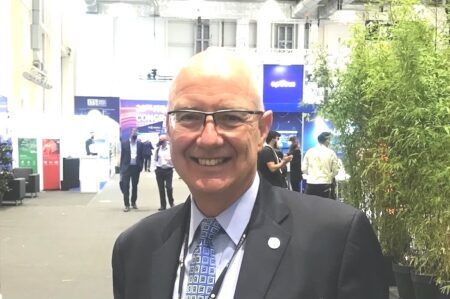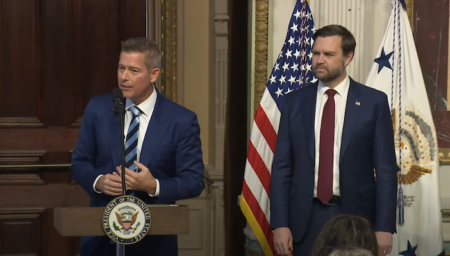One of the leading multidisciplinary transportation and infrastructure consultancies has been particularly successful in helping its clients prepare applications for TIGER grants, with a selection rate three times the norm.
WSP | Parsons Brinckerhoff (WSP-PB) supported five of its clients in preparing successful applications for 2016 TIGER (Transportation Investment Generating Economic Recovery) grants from the US Department of Transportation (USDOT). The highly competitive and heavily oversubscribed TIGER grant program supports innovative projects, including multimodal and multijurisdictional projects, which are difficult to fund through traditional federal programs. The awards focus on capital projects that generate economic development and improve access to reliable, safe and affordable transportation for communities, both urban and rural. This year 585 applications were submitted, requesting more than US$9bn in funds, with only 40 bids gaining financial aid. WSP-PB supported five of the 40 winning applications, representing US$66.3m of the total US$484m awarded.
“These grants will help communities develop innovative approaches for transportation that expands economic opportunity,” said John D Porcari, president of WSP-PB’s US advisory services sector. “Our support of 2016 TIGER grant applications continues our industry-leading performance in helping our clients win grants. This year, 22% of the TIGER applications we supported were selected for an award, compared to less than 7% of all TIGER applications submitted in 2016.”
WSP-PB TIGER-winning clients were:
City of New Haven, Connecticut, won US$20m for its Downtown Crossing project, which will develop a more livable, walkable downtown area, by helping transform a highway stub into an urban boulevard with new street connections. It continues Route 34’s conversion from a limited access highway to an urban boulevard, with new intersections, bike/pedestrian enhancements, and streetscape improvements; Utah Transit Authority (UTA) was awarded US$20m for its First/Last Mile Connections: Improving Community Access to Regional Opportunities project, which will improve connectivity and access to its transit system. The project involves building network connections, including crosswalks, trail connections, sidewalks, bike lanes, and filling non-motorized network gaps; Maryland Department of Transportation (MDOT) gained US$10m for its North Avenue Rising project, which will improve approximately five miles of North Avenue in Baltimore with dedicated bus lanes, roadway repaving, transit signal priority installation, enhanced bus stops, sidewalk improvements, bike share stations, bike lanes, shared bus/bike lanes, safety and access improvements, a subway station improvement, and an intersection; Delaware Transit Corporation won US$10m for its Claymont Regional Transportation Center, which will replace the existing Southeastern Pennsylvania Transportation Authority (SEPTA) rail station in Claymont. The new SEPTA station will be integrated with a transit-oriented development one mile north of the existing station. The project includes high-level platforms, Americans with Disabilities Act-compliant facilities, improved transit and pedestrian connectivity, and increased parking; San Francisco Bay Area Rapid Transit (BART) District gained US$6.32m for its Gateway to Oakland Uptown project, which will upgrade the 19th Street/Oakland station and enhance bicycle and pedestrian infrastructure between the station and the Uptown area, including new Americans with Disabilities Act-compliant elevators, and the installation of LED street lights and wayfinding in the vicinity of the station.




